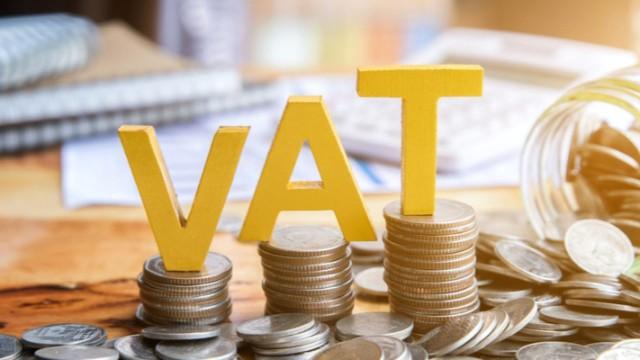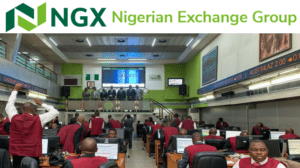


FG slams 7.5% VAT on $57bn crypto market
Nigeria is set to tap into its cryptocurrency market, which is valued at $56.7 billion, by implementing a 7.5 percent value-added tax (VAT) on crypto transactions.
Starting on July 8, 2024, KuCoin, a crypto platform, will begin charging the 7.5 percent VAT on transaction fees.
This is aimed to align with the Federal Inland Revenue Service (FIRS)’s requirement and avoid any potential conflict with the tax agency, with Binance’s case still fresh in the minds of many players.
Nigeria has one of the largest peer-to-peer (P2P) crypto markets globally.
According to Chainalysis, a global blockchain platform, crypto transactions in the country reached $56.7 billion between July 2022 and June 2023.
The Director-General of the Securities and Exchange Commission (SEC), Emomotimi Agama, recently highlighted that a significant portion of the population is involved in cryptocurrency trading and transactions.
He said, “Reports indicate that Nigeria’s crypto transaction volume reached $56.7 billion between July 2022 and June 2023, representing a nine percent year-over-year growth.”
In an email to customers on Wednesday, KuCoin said, “We are writing to inform you of an important regulatory update that impacts our users from the Republic of Nigeria.
“Starting from July 8th, 2024, we will begin collecting a Value-Added Tax (VAT) at a rate of 7.5 percent on transaction fees in each trade for users whose KYC information is registered in Nigeria.”
The platform noted that VAT will apply to transaction fees, not the transaction amount, and covers all transaction types on the KuCoin platform. It illustrated, “Transaction: Buy 1,000 USDT worth of BTC. Fee: 1 USDT (0.1 percent fee rate). Tax: 0.075 USDT (7.5 percent of the fee). Net Amount for Transaction: 998.925 USDT.”
Nigeria initially planned to tax crypto through the Finance Act of 2022, which imposed a 10 percent tax on profits from digital assets, including cryptocurrencies.
“Subject to any exceptions provided by this Act, all forms of property shall be assets for this Act, whether situated in Nigeria or not, including options, debts, digital assets, and incorporeal property generally.”
However, this part of the Act was never enforced.
Experts suggest KuCoin’s move could be part of efforts to obtain licensing in Nigeria. “What KuCoin is doing is probably part of the licensing conditions.
“They cannot collect tax from an unlicensed entity. Every other exchange will see this and need to follow suit,” founder and coordinator of Blockchain Nigeria User Group, Chimezie Chuta said.
“KuCoin was doing P2P before, but they had to stop. Now that they have given this requirement, it means they have spoken with the government, and this is part of their compliance requirement.”
Earlier in 2024, Nigeria clamped down on crypto transactions despite a December 2023 Central Bank of Nigeria (CBN) guideline meant to govern the digital asset space.
Using Binance as a scapegoat, the country’s crackdown included asking telecommunication firms to restrict access to platforms and asking operators to delist naira transactions from their platforms.
The country blamed these platforms for encouraging the manipulation of the naira to dollar rates and aiding illicit flows.



